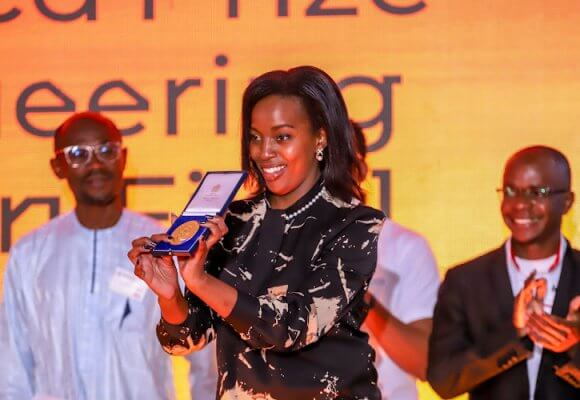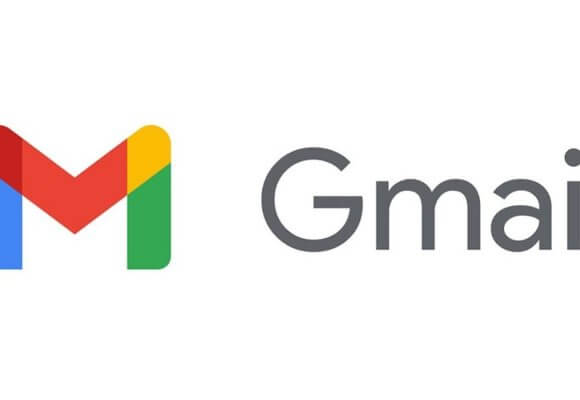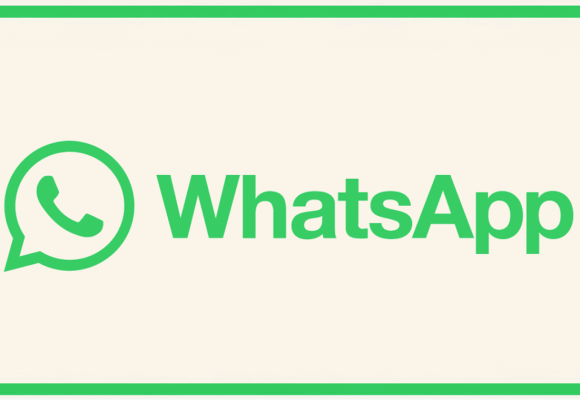|
LISTEN TO THIS THE AFRICANA VOICE ARTICLE NOW
Getting your Trinity Audio player ready...
|
Since its launch on November 30, 2022, Chat GPT has been in the limelight across multiple industries for its threat to take over human jobs. Kenya’s academic and content writing industry has borne the brunt of its impact since the advent of this AI chatbot.
Despite being frowned upon in many countries and being outright criminalized in Australia and several states in the USA, Kenya’s “contract cheating industry” has survived numerous blows.
In 2021, an exposè by CBS News and subsequent reports by BBC threatened to destroy the booming business without success. However, writers now report that the increased use of Chat GPT has led to dwindling profits in the academic writing industry. They fear it may be the final nail in the coffin.
Timothy is a jack of many trades. By day, he’s a financial advisor in one of Kenya’s leading insurance companies. By night, he writes research papers and assignments for students in the Western world for a fee. His client base comprises local and international students from the certificate level to Ph.D. students.
He attests that his bachelor’s degree in entrepreneurship has helped him do his academic writing jobs.
He was introduced to the business by his wife, who has been in the academic writing business for much longer.
“I started by helping her do assignments that her clients gave her. With time, my skills improved, and I decided to devote more time to the business. However, the industry’s volatility does not allow us to rely on writing as a long-term job fully. That’s why I still have my small businesses on the side,” Timothy said.
“Chat GPT is good tech, and of course, it has pros and cons. While it can threaten the existing workflow, I believe it can make the work of online writers much easier. If you get complex assignments, running it through Chat GPT will help you get an idea of what you are required to do.”
Timothy narrated how many writers were skeptical of the industry’s future when Chat GPT was first launched. He insists that most writers have recovered from the first shock and are finding ways to incorporate AI into their job and make their work easier.
“Chat GPT is here to stay, and more technologies are coming. So academic writers need to learn how to generate their income by incorporating AI. They should learn how to embrace the tech and optimize it. You cannot fight tech. You will only fail,” Timothy said.
He talks of his experience using Chat GPT for his assignments, saying that it helps him develop subtopics and angles he can explore when doing his assignments.
According to Timothy, using Chat GPT will not give you your final assignment for submission. He says that when clients reach out to him, they strictly do not expect AI-generated content. So he only uses the chatbot to get some inspiration on how to do his work.
The New Normal
“Chat GPT is here to stay, and more technologies are coming. So academic writers need to learn how to generate their income by incorporating AI. They should learn how to embrace the tech and optimize it. You cannot fight tech. You will only fail,” Timothy said.
He envisions himself doing the business until he gets greener pastures, saying that his priority, like many other graduates his age, is to work in a job that gives him more money.
Jane has been in the academic writing business since 2021 when, while still in college, her friend introduced her to the industry. “My friend taught me how to do it, and I grew gradually. I do not own an account, so I get my clients through referrals. You have to know someone who knows someone,” Jane said.
She specializes in accounting exams and mathematics.
Jane said most of her clients are students in Malaysia. So due to the 5 hours time difference between Kenya and Malaysia, her days begin at 4:00 AM EAT. She then powers up her laptop from her home workstation and starts her day’s work until noon.
“Although it is illegal to outsource academic assignments or exams, most of my clients are working, and they do not have time to do their assignments. So I log into their school accounts and do their school work for them,” Jane said.
She can do two to three tasks in a day, earning her an average of $40 on a good day. Like many of her colleagues in the academic writing business, she laments the glaring impact of Chat GPT on the industry.
“Before the rise of Chat GPT, the difference in the peak and the low season was pronounced. Any time the students are in session, the work orders would be high. Today, you cannot distinguish high seasons from low seasons. The work orders are significantly low,” she said.
She also complained that the tasks are getting increasingly difficult since many students will use AI to do the more straightforward assignments and only seek human services in the technical tasks that AI cannot fully accomplish.
While she did not like the emergence of Chat GPT, Jane has made peace with its existence and growing use in the industry, saying that technology is rapidly growing and academic writers need to keep pace. She has learned to use Chat GPT to ease her work and improve her content.
“To keep afloat in this business, you have to diversify into more technical fields with minimum risk of AI interference,” she said.
Speaking of her plans, Jane expressed her wish to remain resilient in her work. “People think the writing industry is a dying one, but I do not believe that is the case. There will always be students and assignments to be done. I intend to buy an account and set up a better workstation.”
“Although it is illegal to outsource academic assignments or exams, most of my clients are working, and they do not have time to do their assignments. So I log into their school accounts and do their school work for them,” Jane said.
Despite the ethical dilemma that ‘contract cheating’ poses, its returns, she asserts, are rewarding. She believes that by doing academic writing, she earns more money than she would have gotten from a formal job since her current clients pay her based on her work hours.
A Dying Industry
In Machakos county, about 687 miles from Kenya’s capital, Nairobi, Fanice Akinyi shares the same story. With a bachelor’s degree in Finance and Statistics, she has been writing essays and assignments for students around the globe for more than one and a half years.
“When I joined online writing, I came in with a positive attitude and was certain that it was something that would get me good money. My friend had been in the business for ages. However, he did not tell me it was on its deathbed,” she explained during the interview.
She disclosed that her current income is about $108, yet when she began, her friends who had been longer in the business would earn more than $720 monthly from the same industry.
The promise of the high income lured her into the business. Still a student at the time, she asked her mother to invest in a laptop and pay a $3 training fee. She then majored in essays in humanities and social sciences. Besides, she does book reviews.
“My trainer did not warn me that I was venturing into a dying business. By the end of the training, I had to turn to Facebook to find my first client,” she said.
However, the client she offered severed the business ties about three months ago. Fanice believes that most students who sought their services have now turned to the automated chatbot for their services.
“I bought my account for Sh 55,000. Although the account has raised back the capital I spent on it, it is no longer as profitable as I had anticipated,” she lamented.
“Reselling the account is proving difficult since the industry is a declining one. Three of my friends have quit academic writing since they found the business unfulfilling,” she added.
Fanice confessed that she is planning her way out of the academic writing business since technology is rapidly growing, and soon there will be more AI chatbots that students can use to do their work.
Unlike Jane, she believes that AI cannot help academic writers.
“If the Chatbot can make an assignment easier for free, a student would rather do it themselves than pay money for you to do it,” Fanice said.
She fervidly advises young people to shun the academic writing business, urging them to invest their time and energies in other rewarding fields.
Lagging Legal Systems
Professor David Monda is a professor of political science, international relations, and foreign policy at The City University of New York. Having worked in academia for over 15 years, he explains how fast-paced technology makes it harder to spot cheating.
“I would not know whether a student has presented work that is outsourced unless I gauge their work with how they perform in class,” Monda said.
“While our campus has not established a clear policy on using AI, we are guided by the ethics that govern research. Using AI is almost like plagiarizing the internet,” he added.
Monda argued that many students might be outsourcing their assignments to ensure they submit the best work free from mistakes. However, he insists that that should not be the case.
“As faculty, I would like my students to write in their authentic voices,” he said.
He reiterated that his assessment’s aim is not solely to focus on spelling or grammar but to understand the student’s thought processes and establish whether or not they understood the concepts.
According to Prof Monda, AI has plenty of limitations and gaps.
“There is still a lot that AI cannot do in terms of understanding the multiplicities of the human mind. Machines will only give you the results of what you put into them. Humans can understand nuances around individuals, culture, and other non-quantitative data.”
Corinne Hoisington, a Professor of Information Systems Technology at Central Virginia Community College, says that using Chat GPT for assignments is almost identical to outsourcing services from ghostwriters because, in both cases, the student submits work they did not do. The only difference is that you get the services for free by using AI.
She reiterates the need to improve the curriculum and assessment methods to integrate AI in learning institutions, arguing that there is no way to shut out AI from the institutions completely.
She says that while it is possible to restrict access to the OpenAI website on campus computers, students can easily access them on their phones. She believes there is also no way to flag work outsourced from essay mills or ghostwriters.
During the interview, Hoisington recounted how during one of her recent trips, she came across a lady on a plane who writes professional medical papers for Ph.D. students and “Guarantees an A.” Prof Hoisington confesses that it was terrifying to think of how terrible it would be to be treated by an underqualified physician who outsourced their way through their degrees.
To curb any form of cheating in her coding classes, she says that she will have a weekly meeting with her students, where she would pop up a code on the screen and ask her students to explain what makes them work and what she may need to add to change its function.
“I am not going to let them get away with not learning,” she promised.
She reminded fellow educators that they must be the guardrails of education.
“We need to be the wiser as professors not to be duped,” Hoisington said.















































LEAVE A COMMENT
You must be logged in to post a comment.